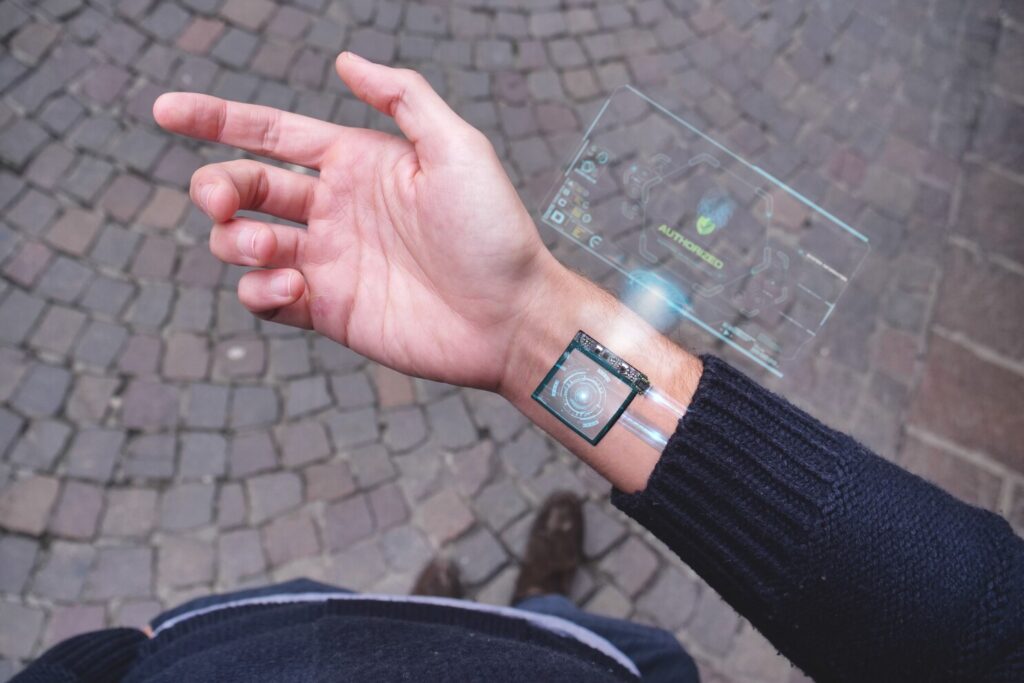In today’s fast-paced world, technological advancements have permeated every aspect of our lives, including personal identification. Human identity chips, also known as HICs, have emerged as a groundbreaking solution to streamline and enhance personal identification processes.
In this article, we will explore the profound implications of human identity chips, delving into their benefits, challenges, and the potential impact they may have on society. Join us on this journey to discover how HICs are revolutionizing personal identification.
Enhanced Security and Authentication / Human Identity Chips
As the digital landscape expands, ensuring secure and reliable personal identification methods becomes increasingly crucial. Human identity chips offer a robust solution, enabling enhanced security and authentication protocols.
By integrating unique identification codes into a tiny microchip implanted within an individual, HICs provide a tamper-proof and nearly impossible-to-counterfeit form of personal identification.
These chips utilize advanced encryption algorithms, making them significantly more secure than traditional identification methods such as passwords or ID cards.
Simplified Personal Identification Processes / Human Identity Chips
With the widespread adoption of HICs, the days of fumbling for ID cards or struggling to recall passwords may soon become a thing of the past. HICs allow for seamless and streamlined personal identification processes.
By leveraging near-field communication (NFC) technology, individuals can easily authenticate their identity with a simple wave of their hand.
This efficient and hassle-free approach saves time for both individuals and organizations, revolutionizing the way we interact with security checkpoints, access control systems, and various identification processes.
Health Monitoring and Emergency Services
Beyond their primary function of personal identification, HICs hold tremendous potential in the realm of healthcare.
These chips can be equipped with health monitoring capabilities, allowing individuals to monitor their vital signs, track medical conditions, and provide real-time health data to medical professionals.
In emergency situations, HICs can play a vital role by enabling rapid access to an individual’s medical history and relevant health information, thus facilitating prompt and accurate treatment.
Ethical Considerations and Privacy Concerns
While the advent of human identity chips brings forth numerous benefits, it also raises important ethical considerations and privacy concerns.
The storage and transmission of personal data via these chips necessitate robust privacy measures to prevent unauthorized access or misuse.
Striking a balance between convenience and protecting individuals’ privacy will be essential for the widespread acceptance and adoption of human identity chips.
Potential Social and Cultural Impact
The introduction of HICs carries the potential to reshape societal norms and cultural practices. As these chips become more prevalent, questions of individuality, personal autonomy, and human-machine integration will emerge.
Society will need to address the psychological and sociological implications of relying on technology to define and verify one’s identity. Balancing the advantages of HICs with preserving the richness of human experiences and diverse identities will be a critical challenge.
Conclusion
Human identity chips represent a groundbreaking development in personal identification systems. Their potential to enhance security, streamline identification processes, and revolutionize healthcare services cannot be overstated.
However, as we embrace this transformative technology, it is imperative to address the ethical, privacy, and societal concerns that arise.
By navigating these challenges thoughtfully, we can leverage the benefits of human identity chips while safeguarding individual privacy and preserving the uniqueness of human identity in an increasingly digital world.

